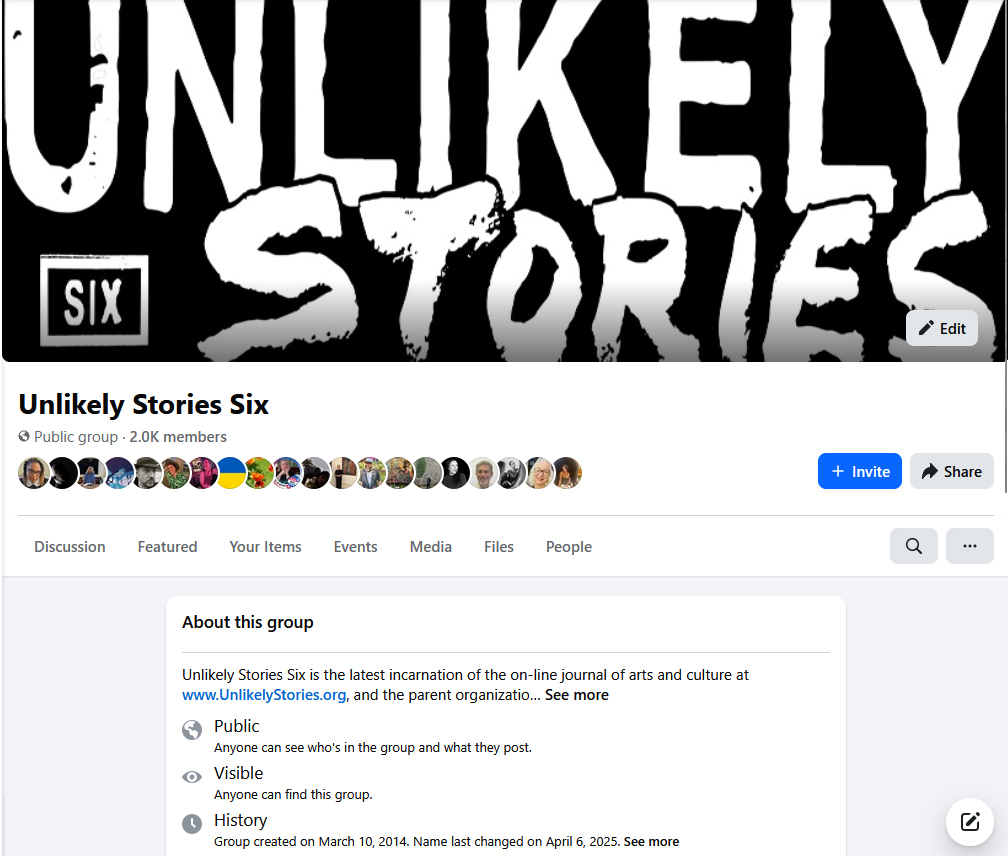"Blood Vertigo" (Ralph La Charity), "As Blood is the Fruit of the Heart: A Book of Spells" (John Bradley), and "The Rain that Doesn’t Touch the Ground" (George Kalamras)
by dan raphael
Judging John Bradley’s As Blood is the Fruit of the Heart by its cover, the juxtaposition of the 3 parts—title (a romantic, evocative, somewhat gothic line); subtitle (a straightforward promise of something that may or not that be real) and artwork (5 black birds with sharpened pencils sticking out of their heads and other parts.) One sees the image before reading the titles.
The prelude poem is entitled “Premonition that a Book Will Take the Shape of a Spellbound Bird”:
“When a spell enters the mouth, three strands of sea-green
silk go flying over the ocean. It could be noted they smell
like a pickle left on a plate before a blind surgeon.”
The book is organized into six Books of 10 poems, each starting with a different five stanza poem entitled “Five Definitions of Spell:”
“Protect yourself, said the barely heard barley
soup. For any verb, cooked or uncooked, no
mater how friendly, may have rabies.
*
It’s only a small piece of glass from the star
factory in Bisbee, Arizona, stuck to your forehead,
scrolling out intermittent interstellar transmissions
of your wayward heartbeat.”
[Book Four]
Beginning to sample this book you soon realize that any line is apt to take a turn through several dimensions of resonance and meaning, not to mention tone, from realistic to surreal, from literary to overblown:
“Yet there is anecdotal evidence that nonhuman sounds
cause the brain to identify faces in a crowded cup of sails.
My mother liked to posed with a penguin after she stunned
it with a rubber hammer. I can’t stop wondering who
painted oceanic cows with blowholes on my bathrobe.”
[Emergency Location Spell]
What is the value of surrealism, of surprise? Do we get better at dancing with/among the downpour, choosing when & when not to, do we get tired—what’s the balance? The balance may come in the variety. I get the sense that some of these poems may just have had the word “spell” added to their titles, not to imply any falsification, as there are many ways to form and deliver a spell, and what true poem doesn’t wield some influence, create some change?
This book contains some poems about specific things, like poems about teeth, poop and trash on the moon. There are poems directed at / dedicated to specific people, named and unnamed. An experienced and masterful poet, Bradley employs a variety of approaches from a broad poetic repertoire.
There’s a bit of play with the visual/physical form of the poems. All flush left, mostly short stanzas, couple poems without stanza breaks, couple with indentations, a few with sections separated by centered asterisks
Bradley uses a variety of poetic modes and voices. In this one, litanic repetition with a little word/letter play:
“I was born in a box of Cheerios, inside the pantry, hear the
broom and the bison.
I was born in my mother’s armpit, her stubbly flesh smelling
of a pickle barrel/
I was born behind a common comma, mapping out
the whirling world of my coma.”
[Placental Gravity Smell]
Is it telling, or coincidence, that maybe the most unique poem is the title poem, which is a detailed expansion of a moment:
“As I didn’t want to call attention to her act of inattention
As I didn’t want to insult the blood on the front of the white shirt
As blood adores compliments but is easily bruised
As it was her blood and not the store’s or her supervisor’s”
There are beautiful, little, sharp, fairly realistic drawings at the start of each section. I’ve noticed that one refers to a line in one of the poems in that section, probably they all do.
The structural elements, including each section beginning with a poem with the same title, set up a temptation (author’s expectation? invitation)) to go through this book sequentially—a question with different answers for each book of poems. Actual books of spells are like cookbooks or manuals—you go to a certain spell to get a certain result.
However you approach the book, it’s worth your involvement, your curiosity and care. I wouldn’t be surprised if some poems in this book vanished, to be replaced by poems that weren’t in the book before, or that some might just exchange place.
And, yes, the final poem—“When You Imprint onto my Back the Milky Way Spell (in 3-D Please)” serves as a coda:
“ Moreover, be sure,
even now, I breathe in every place the Milky Way
does give breath, which will, I know, break me. Burst
me into silky, crumbling light.”





Add comment